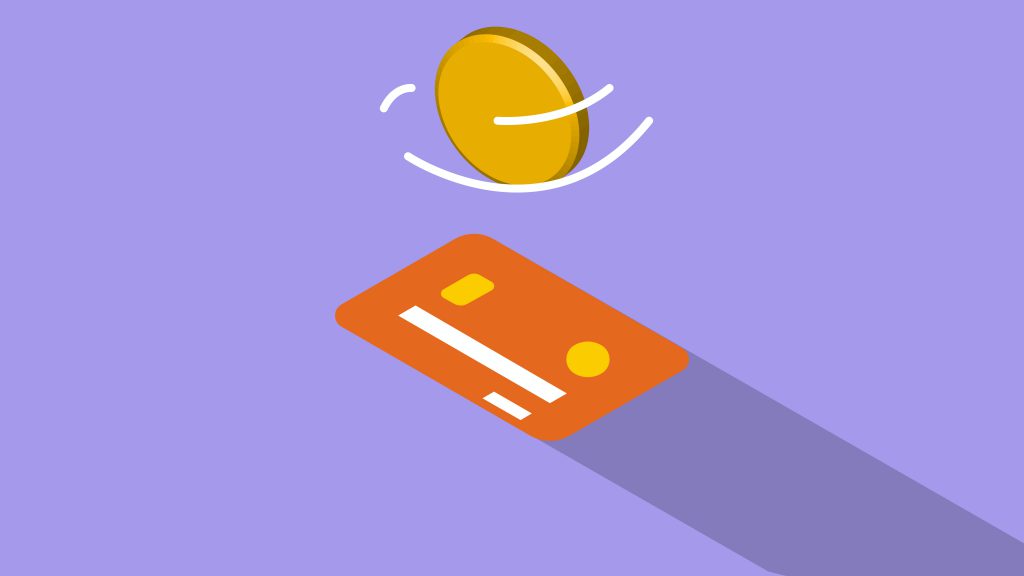
Nigeria is one of a few countries in the world and the first in Africa to develop an official digital currency - the e naira.
While the e-naira has taken off in Nigeria, many Nigerians say they still do not understand the nature of the e-naira, and more importantly, how to use the digital currency. And that is perfectly understandable. So here’s a breakdown of what you need to know about the e-naira.
Without further ado, let’s begin.
The e-naira is a legal tender and will form part of the currency-in-circulation. The e-naira technically is linked to the FIAT naira; maintaining the same exchange value as the Naira. This implies that one e-naira is of the same value with one traditional Naira i.e N1=1 e-naira.
The e-naira is designed for all. Whether you are an individual, consumer, merchant, licensed financial institutions, or even the central bank itself.
To access the e-naira in Nigeria, you need to download the ‘speed wallet’. The ‘speed wallet’ allows you to conduct transactions with speed and ease.
Reports have it that the e-naira speed wallet pulled a disappearing act from the Google Play Store. This happened barely 48 hours after its launch. Conversely, the e-naira merchant wallet is still up and running with over 10,000 downloads.
While some users have complained about poor user experience, others are pretty distrustful of the terms, and disclaimer notice given by the CBN.
In the case of a person-to-person transaction, holders of the e-naira wallet can easily transfer e-naira to another holder. In a simple process, it is possible to credit your e-naira wallet from your account within the same bank or a different bank account. While you cannot cash out from e-naira to physical cash, you can do so from your e-naira wallet to your cash within the same bank or another account in a different bank.
The same straightforward process applies also when making person-to-merchant payments, government-to-citizen, or citizen-to-government payments. With the e-Naira, you can make or receive salary payments, and payments for goods and services can be concluded.
The e-naira has a cutesy tagline, ‘Same Naira, More Possibilities’. No doubt this is to inspire trust while encouraging the mass adoption of digital currency. Anyway, it has a low-cost advantage in comparison to FIAT.
For one, traders will pay no fees for withdrawals and deposits to and from their bank account; that in itself is a massive incentive. In line with Nigeria’s financial inclusion agenda, the e-Naira will also onboard millions of the unbanked – Nigerians who have mobile phones but without bank accounts. Though formerly unable to enjoy financial services in their entirety, these ones will be brought into the formal financial economy.
Artisans including plumbers, tailors, carpenters and fashion designers can accept payments on their phones, store them in their wallets, and make transactions with any vendor or customer.
Interestingly, because many citizens lack trust in financial institutions, e-naira will make it possible for customers to monitor their wallets, balances, and transaction history in real time.
On the one hand, by integrating into the CBN’s forex process, the digital currency will make it easier for remittances to flow into Nigeria. On the other, Nigerians in the diaspora can send funds to friends or relatives through international money transfer organizations who will buy e-naira from their corresponding Nigerian banks.